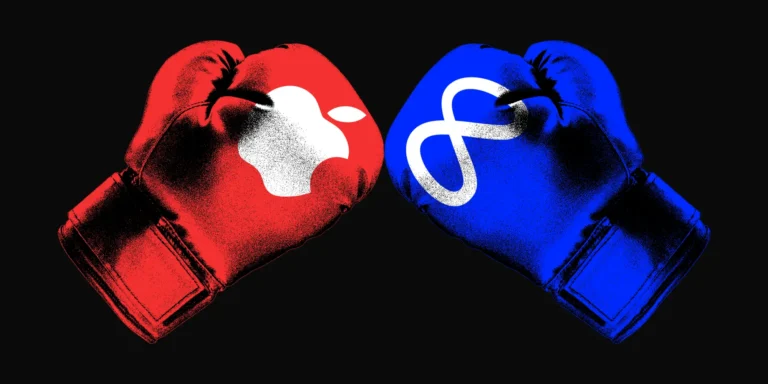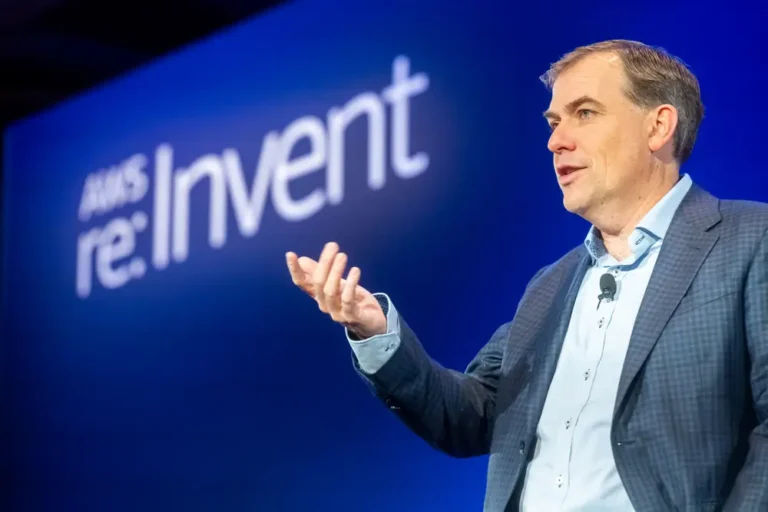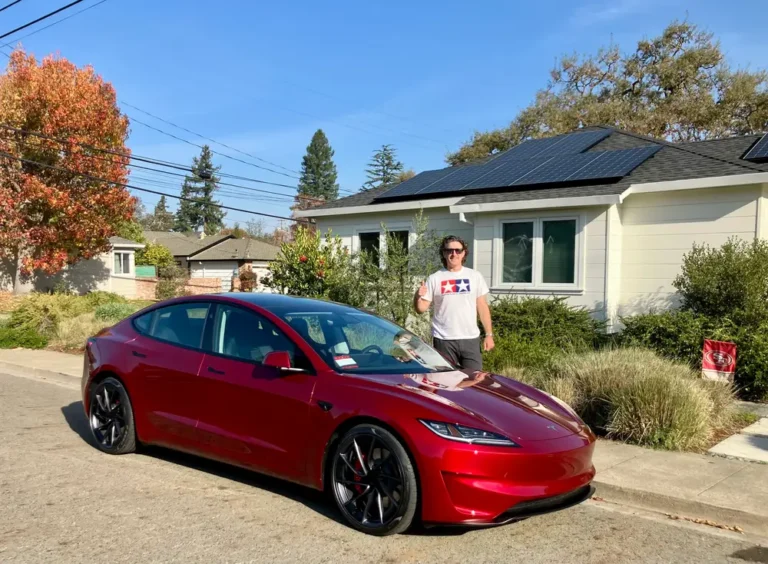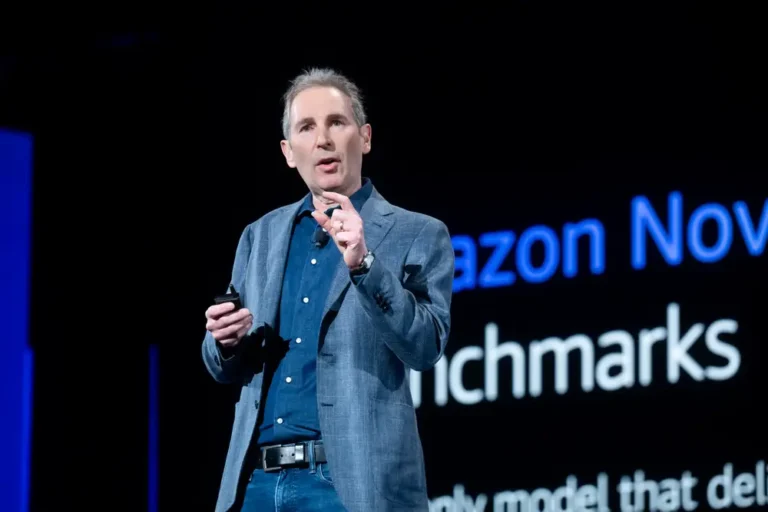DeepMind’s secret mafia: Meet the stealth startups emerging from Google’s AI lab
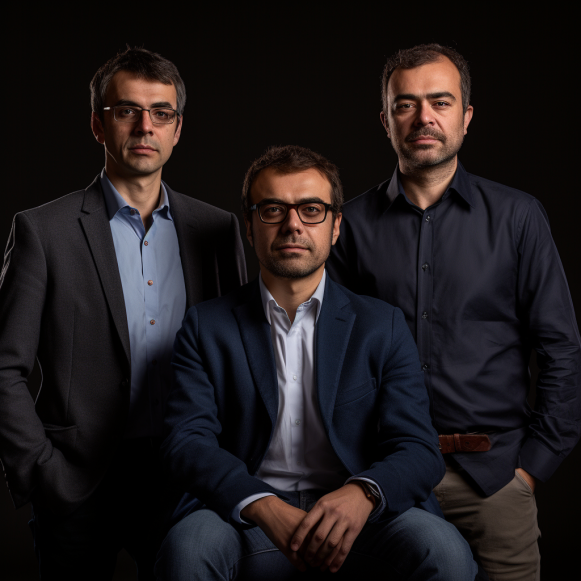
- There is an influx of cash and interest into artificial intelligence startups right now.
- Some of the best-funded companies are emerging from the tech giants, which are repositories of AI talent.
- Insider spoke to ex-Google DeepMind staffers who have founded AI startups in stealth.
Inflection AI, a year-old startup, made headlines when it announced a $1.3 billion funding round led by Microsoft and Nvidia.
Mustafa Suleyman, cofounder of Alphabet’s artificial intelligence research lab DeepMind, founded the startup, which launched its chatbot Pi in May. Suleyman left his position as the lab’s head of applied AI in early 2022.
He isn’t the only DeepMind alum working on practical artificial intelligence applications.
According to Insider estimates, nearly 200 ex-DeepMind employees have gone on to found startups, raising millions of dollars for ventures ranging from cryptocurrency to climate tech.
And there is a cabal of them that operates completely under the radar.
Since 2022, a small group of former DeepMind employees has been quietly establishing their own AI companies in fields such as climate and biotechnology, artificial generative intelligence (AGI), and LLMs. According to insiders, about a dozen founders are in stealth mode.
“We came out of stealth a year after incorporation,” said Devang Agrawal, cofounder of sales-analysis startup GlyphicAI and a former DeepMind employee. “I think stealth is a great tool for AI founders because it allows you to get a significant head start and see the competition before you show the rest of the world.”
Why DeepMinders saw their future outside the lab
A stealth startup typically operates in secrecy, frequently delaying the public debut of a product or revealing key details about its team or mission. Some refuse to reveal their name or location. Others may provide more information in public but reveal little about their product.
Several people contacted by Insider said they left because the field of artificial intelligence was rapidly evolving outside of DeepMind, particularly generative AI — AI that generates content based on prompts or inputs.
According to LinkedIn, ex-DeepMind researcher Jonathan Godwin is working on a startup in London that will use AI to solve carbon capture, as well as create renewable fuels and batteries, he told Insider. Orbital Materials, his startup, launched in 2022 and focuses on applying artificial intelligence to material sciences.
DeepMind gave Godwin his start in materials sciences, but he soon realized that finding carbon-capture solutions would require him to “build stuff in a lab” as well as use machine learning. This required him to work in a different environment and core field of interest to DeepMind, such as his own startup.
Simon Kohl, a former DeepMind researcher on the ground-breaking AlphaFold 2 project, agreed. He decided to leave the company after five years in December 2022 to launch his startup, Latent Labs, which creates generative models for biology and foundational models for molecular interactions.
DeepMind employees work as researchers on relatively mature areas of technology, such as protein development and generative models. Ang Li, a former DeepMind researcher in California, joined the founder pipeline because he wanted to advance the technology through new applications.
“This is an exciting time for AI and the potential impact of artificial general intelligence,” he said, according to Insider. His startup, which is in the process of being formed and is in preliminary discussions with investors about obtaining seed funding, focuses on the use of AI agents.
Still, being a researcher isn’t that dissimilar to being a founder. “Doing research and being a founder are related, because researchers work on the cutting edge of science — I think it’s very simple for people in this emerging tech area to start a company,” Li explained. “Researchers, like founders, must persuade people about their ideas.”
There is a tonne of cash on the table right now for hot AI firms
Ex-DeepMinders can anticipate investor interest.
According to MMC Ventures investor Simon Menashy, the company’s brand “is associated with cutting-edge AI capabilities,” and it is one of “the few foundational AI companies that has been around long enough that many talented people have passed through its doors.”
“DeepMind alumni have already caught the attention of VC investors,” he added. Mistral, an AI startup founded by a DeepMind alum, received $113 million in seed funding from Lightspeed just four weeks after its launch last month.
Nonetheless, Li and Godwin told Insider that the prospect of attracting large sums of money from investors was not a motivator for them to open shop.
They also have choices. DeepMind’s previous and current executive teams are prolific angel investors in AI startups, as well as a potential point of contact for DeepMind alumni; Suleyman has backed at least ten AI-related startups, and cofounder Demis Hassabis has invested in at least three.
“A lot of DeepMind execs act as angel investors,” said Agrawal of GlyphicAI, which received funding from DeepMind’s head of product, Mehdi Ghissassi. “That’s definitely helpful, but the majority of their worth is not monetary.” They have a lot of advice because they work at the cutting edge of cutting-edge research.”
Founders are resisting the temptation to fire early
The success of OpenAI’s ChatGPT, an experimental release that changed people’s perceptions of AI, may tempt founders to reveal their wares too soon.
Working in stealth, on the other hand, relieves founders who want to experiment with their product before presenting it to investors, according to Agrawal.
Building products in the AI space takes time, according to Godwin, who also stated that his team was attempting to avoid premature announcements.
Because of the nature of AI, founders are frequently creating “highly specialized products in a business-to-business context,” according to Karl Moritz Hermann, founder of Dark Blue Labs, which was acquired by DeepMind and where he worked until April 2020.
Since June 2023, he has been working in stealth mode on his second AI startup, saying that working under the radar was inspired by DeepMind’s “own model of working in stealth.”
“It makes sense to be stealthy — we know our ambitions,” Godwin explained.

